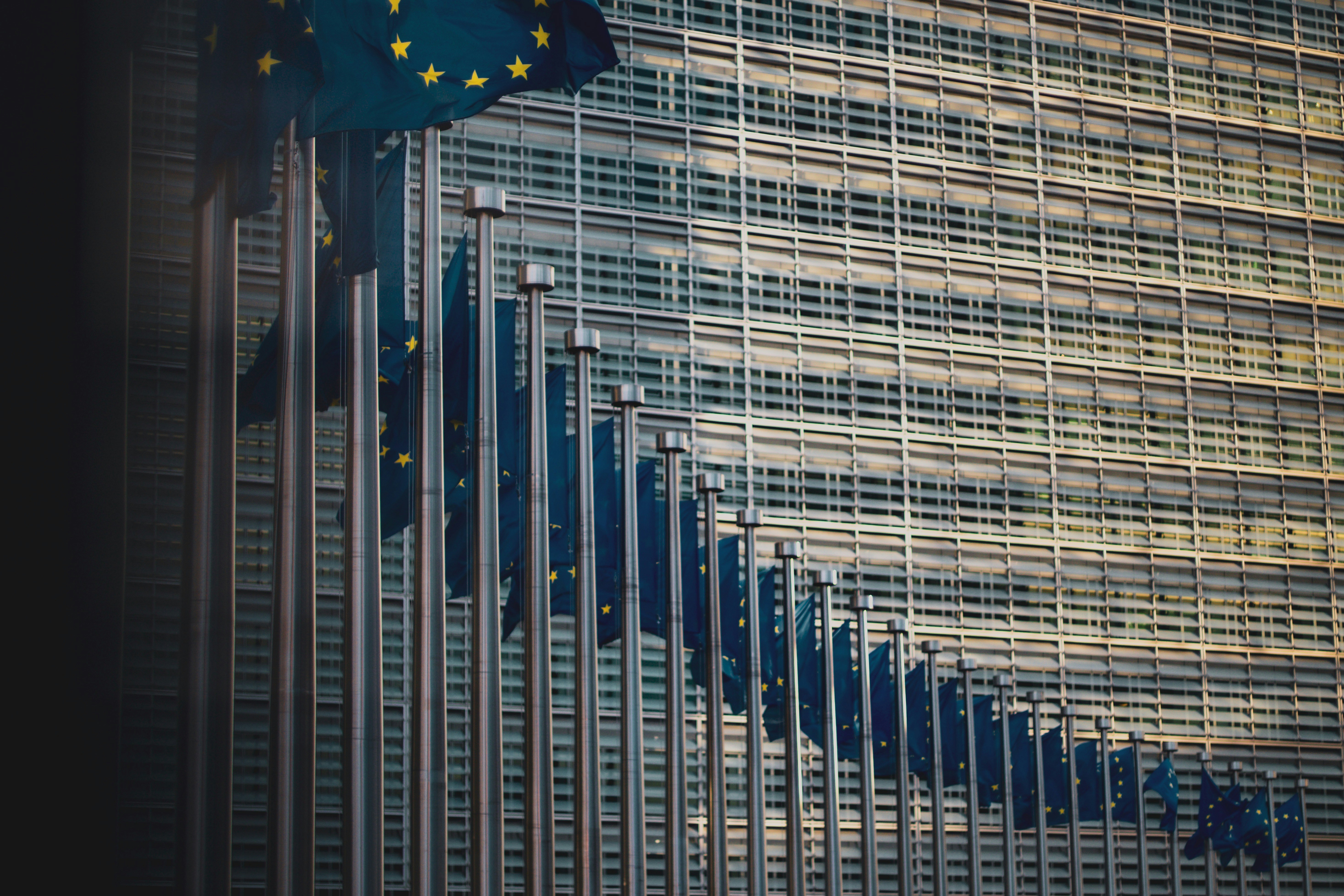On behalf of the German Academic Exchange Service (DAAD), Technopolis recently carried out an evaluation study on the participation of the German higher education sector in the Erasmus+ cooperation projects. The study focused on eight funding lines on cooperation between higher education institutions (HEI): from the Erasmus Mundus Joint Master Degrees and Jean Monnet Actions to cooperation projects between HEIs, companies and other actors in and outside of Europe (e.g. Strategic Partnerships), to measures to support policy reform in various areas of education. In addition to a quantitative perspective on the participation of German HEIs, the objectives of German HEIs related to their participation in cooperation projects and the impacts achieved were qualitatively analysed. Moreoever, we looked at the effectiveness of the information and advisory work of the National Agency for the German Higher Education Sector (NA DAAD).
Results
More than half of all German HEIs have participated with almost 1,200 cooperation projects in the Erasmus+ programme generation 2014-2020, amounting to a quarter of all projects in Europe. In a European comparison, the participation of German institutions overall is at a high level. With regard to the objectives of the HEIs, cooperation-related and intrinsic/professional motivators matter most to project participants: They initiate projects out of professional interest in international cooperations and primarily promote the internationalisation of the HEIs by expanding subject-related networks. All in all, the evaluation proves that the Erasmus+ cooperation projects create added value by facilitating, among other things, the implementation of innovative, interdisciplinary and application-oriented projects, the establishment and expansion of long-term international networks and the linking of research and teaching. Although the programme effects are often concentrated on the level of individuals/research groups and researchers at times experience a lack of institutional support, the cooperation-related funding lines are significant as bottom-up elements for the internationalisation of German HEIs.
Methodology
The questions of the evaluation were analysed using a combination of quantitative and qualitative methods: On the one hand, an online survey among project participants at German HEIs as well as a comprehensive analysis of documents and secondary data were conducted, while on the other hand, experts, project participants and political stakeholders were also consulted in interviews and five focus groups.
Find the Executive Summary in English and the full report in German here.



